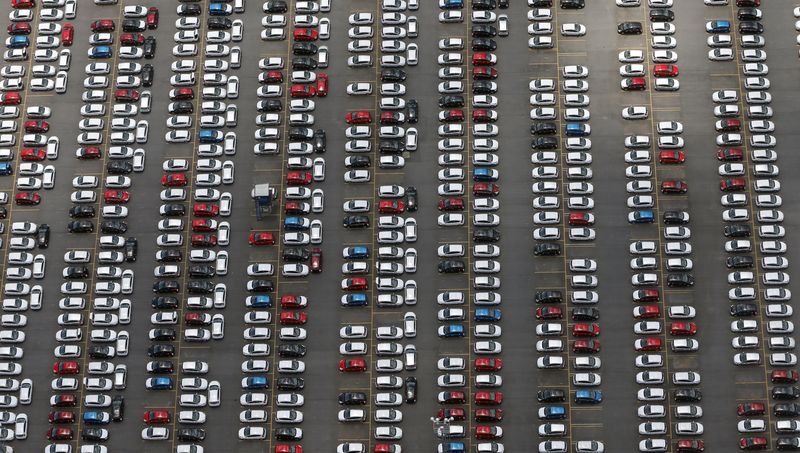PRAGUE (Reuters) - Czech industrial output returned to pre-pandemic levels in 2022, growing 1.7%, data showed, mainly due to car production, which is likely to struggle this year from supply-chain bottlenecks.
It grew 4% in December compared to a year earlier but was slightly below the 4.3% growth expected by analysts.
"Industrial production in 2022 matched the pre-Covid level of production in 2019. The most significant influence on this result was the production of motor vehicles, where output grew by more than a tenth year-on-year," Radek Matejka from the statistics office said.
Despite the growth, the Czech economy entered recession in the fourth quarter for the first time since 2020 as high inflation hit households at the end of the year.
Analysts expect a bumpy road for the industry in 2023 as the problems with components supply in the car sector are far from resolved and energy prices remain high despite some easing in recent weeks.
Czech carmakers like Volkswagen (ETR:VOWG_p)'s Skoda Auto or Toyota's local plant were forced to cut production due to shortage of chips and other components.
"Despite the general optimism in the markets at the start of the year, a number of risks remain and if the industry avoids a downturn this year, it will be a positive outcome," said Jakub Seidler, chief economist at Czech Banking Association.
In a separate release, the statistics office said the Czech Republic's foreign trade deficit deepened to 198.1 billion crowns ($8.98 billion) in 2022 from 8.9 billion crowns in 2021.
($1 = 22.0680 Czech crowns)
